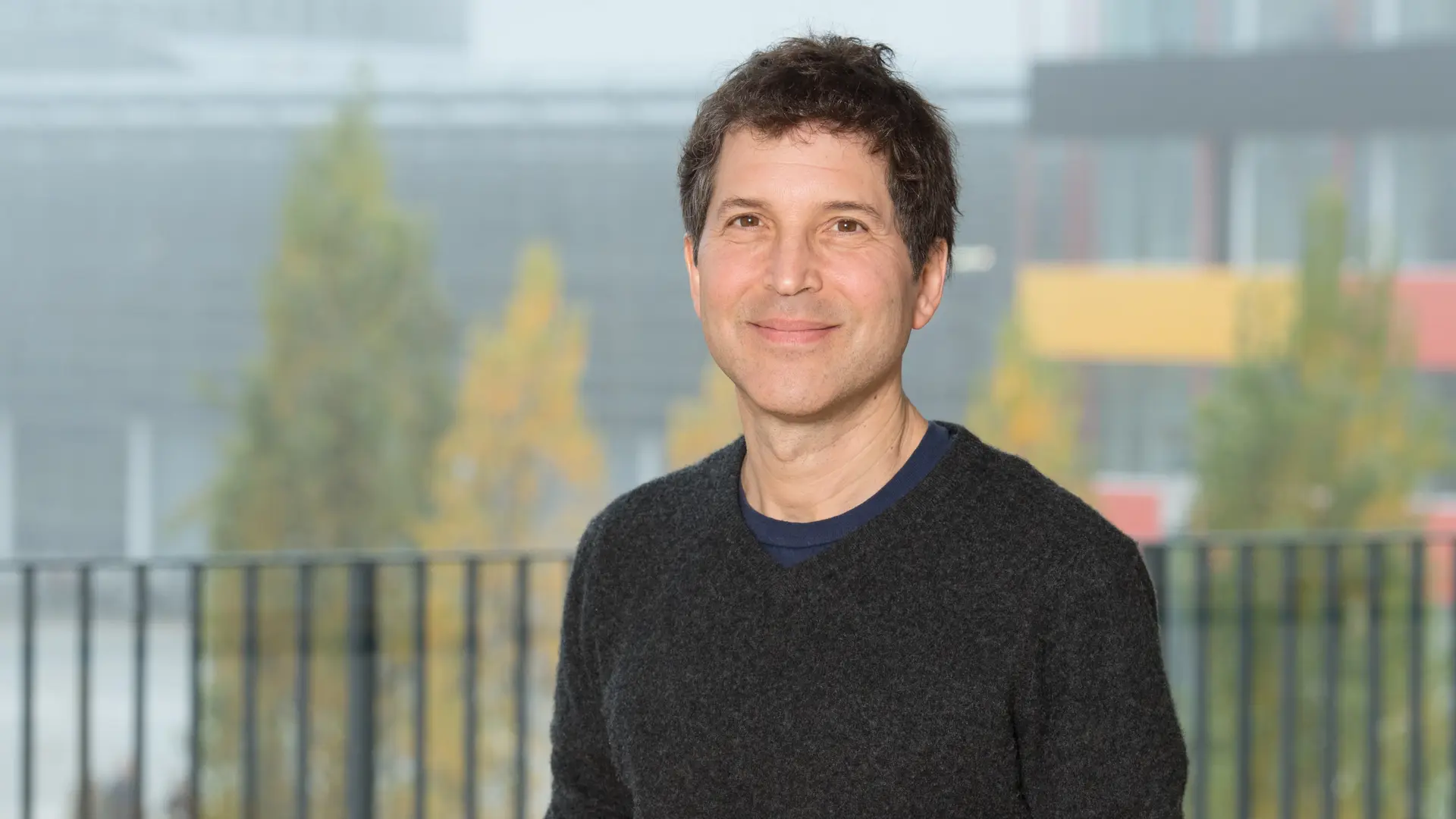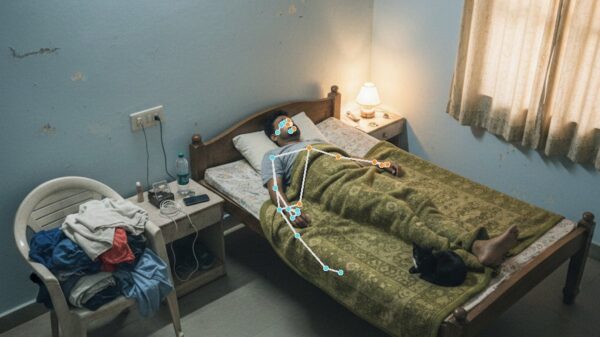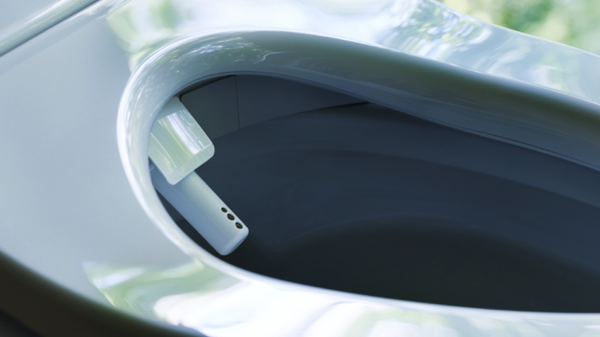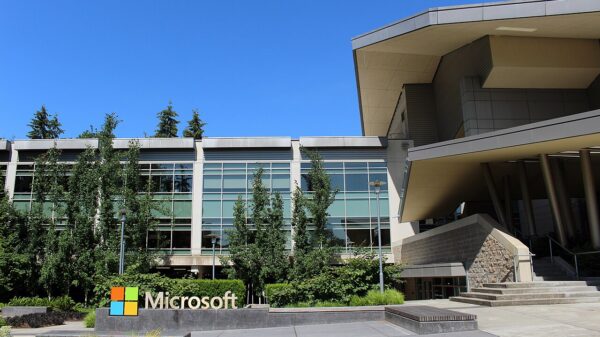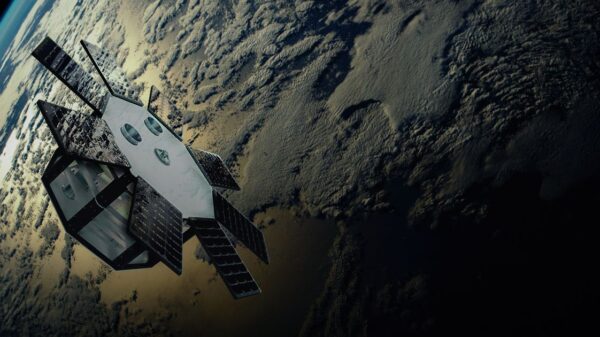Archon Biosciences, a Seattle startup focused on AI-powered protein engineering, has emerged from the shadows with US$20 million in seed funding. Its inaugural financing round was led by Washington’s venture capital firm Madrona Ventures.
This company will be utilizing “Antibody Cage (AbC)” technology to help develop more efficacious therapies for cancers and an assortment of other diseases.
This complex method of drug development was pioneered by David Baker, a leading biologist from the University of Washington’s Institute for Protein Design. He has been awarded with this year’s Nobel Prize in Chemistry for his innovation.
“AbCs are AI-generated protein structures that precisely orient existing antibodies in novel geometric configurations not found in nature,” Madrona Ventures explained in a blog post on Wednesday. “First and foremost, these geometric configurations enable antibodies to efficiently travel through the body, adhere to the right cells, and work in very specific and targeted ways.”
Baker has over two decades of experience studying the molecular structure of proteins. He will be formally receiving his award from the Royal Swedish Academy of Sciences at a ceremony in Stockholm this December.
A Science journal entry in 2021 thoroughly documented early findings on the AbC technology. Archon had obtained grants valued at US$7 million before its recent seed round.
“Precise control over AbC structure provides the ability to tune both how they distribute in the body and engage their cellular targets with high specificity and potency to establish a new gold standard in drug development,” Archon explained in a news release.
“I love all the proteins so I don’t want to pick favourites."
New chemistry laureate, David Baker, spoke about the technology he developed that creates protein structures at the 2024 #NobelPrize in Chemistry press conference today.
Watch in full: https://t.co/UXuprQB0gs pic.twitter.com/9pbFO8BPhY
— The Nobel Prize (@NobelPrize) October 9, 2024
Read more: LinkedIn recruits a new artificial intelligence Hiring Assistant
Read more: Big tech is turning to nuclear power to fuel its generative-AI ambitions
Baker shares Nobel Prize with Google DeepMind leaders
The co-founder of the Alphabet Inc Class C (Google) (NASDAQ: GOOG) AI research lab, Sir Demis Hassabis, and Director John Jumper were also recipients.
They are being recognized for their work developing the AlphaFold 2 program — artificial intelligence software that can predict the 3-dimensional structure of proteins. This AI program has received multiple prestigious awards over the past few years. Its latest version, AlphaFold 3, was released in May.
Before the program’s creation, determining the specific shape of proteins was a lengthy and labour-intensive endeavour. It could take months or even years. Hassabis and Jumper’s work has helped cut this process down to merely hours.
Their 2021 paper on AlphaFold published in Nature is one of the most influential scientific journal entries in recent years. More than two million researchers from over 175 countries have used the program.
Sir Hassabis received knighthood status in the United Kingdom for his contributions to the AI field earlier this year.
The groundbreaking work completed by him, Baker and Jumper highlights the tremendous impact AI is having on modern-day biology and drug development.
Baker will be receiving half of the US$1-million-dollar award sum while the DeepMind researchers split the other half.
rowan@mugglehead.com

